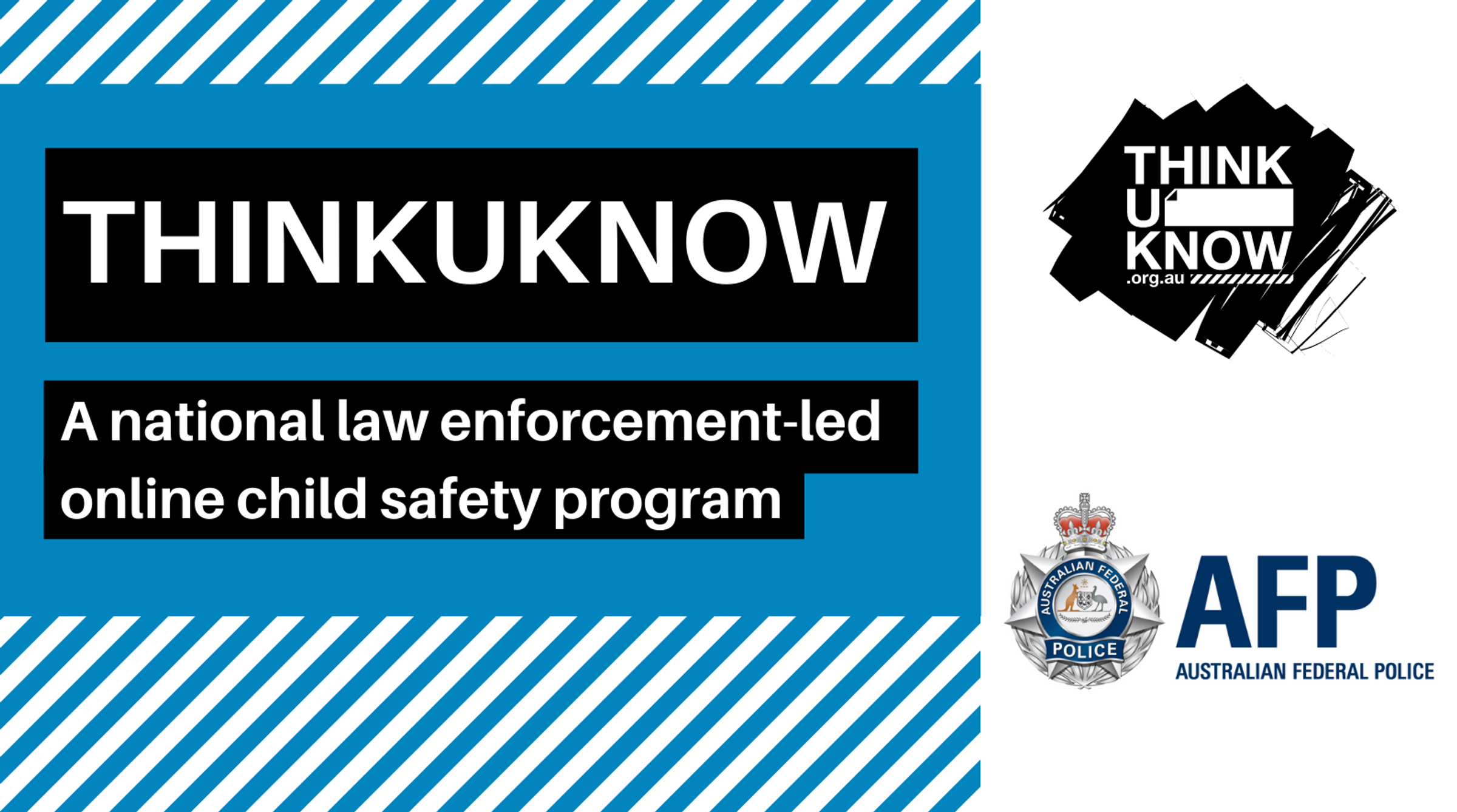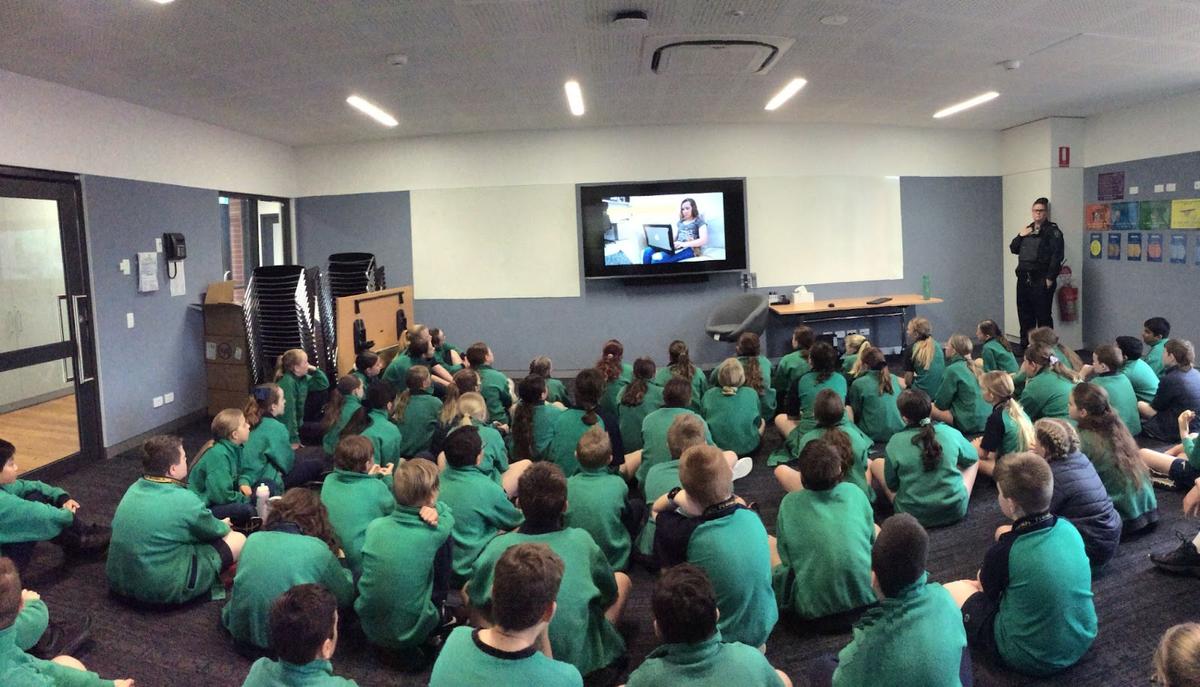Cyber Safety Sessions

On Monday and Thursday of week 5, Year 5/6 students attended a presentation on cyber safety called Think U Know, by Senior Constable First Class Tanya Leonard from SAPOL. Throughout the sessions, we learnt a lot about various real-life scenarios and ways to keep safe online. Some of the main points we discussed were:
- Online friends vs real-life friends
- Being careful about what is shared online
- What is online stays online
- Age limits and safety considerations of online platforms
- Never share personal information with people you don't know or trust, in person or online. This includes usernames and passwords.
Another major thing we learned about was what to do in different situations. It is important to know if anyone is ever in an uncomfortable or unsafe situation what they can do to get help. Some of the options are; to speak to a trusted adult, such as teachers, parents and caregivers or report anything you are unsure of. You can also report it to SAPOL or the online platforms. Another resource available is KidsHelpline which is available 24/7.
We are very thankful to Tanya and SAPOL for coming out to share their time and presentation with us.
Zoe B, Ruby E and Jordana B
Year 5 Students
Ella J, Lachie W, Jett Z and Savannah A
Year 6 students
The below information is taken from the ThinkUKnow website:https://www.thinkuknow.org.au/about/our-program
Think U Know is an evidence-based education program run by the Australian Federal Police (AFP), delivered nationally in partnership with police and industry partners.
Understanding what children and young people SEE, SAY AND DO online
We provide a broad understanding of the types of things that young people SEE, SAY and DO online.
What they SEE
Young people search for and consume content including videos, images and text.
What they SAY
Being connected is a huge part of young people’s lives, including interacting with friends and family.
What they DO
There are many types of activities including apps and games that children and young people use.
We’ve categorised apps, games and sites by their primary features to help you learn more about the types of things young people might DO online.
Find advice – Social networking and meeting people
Find advice – IMs, DMs and chat
Find advice – Video and image sharing
Having an understanding of the features of the apps, games and sites your child is using, particularly whether they connect with other users, can help to minimise some of the challenges.



